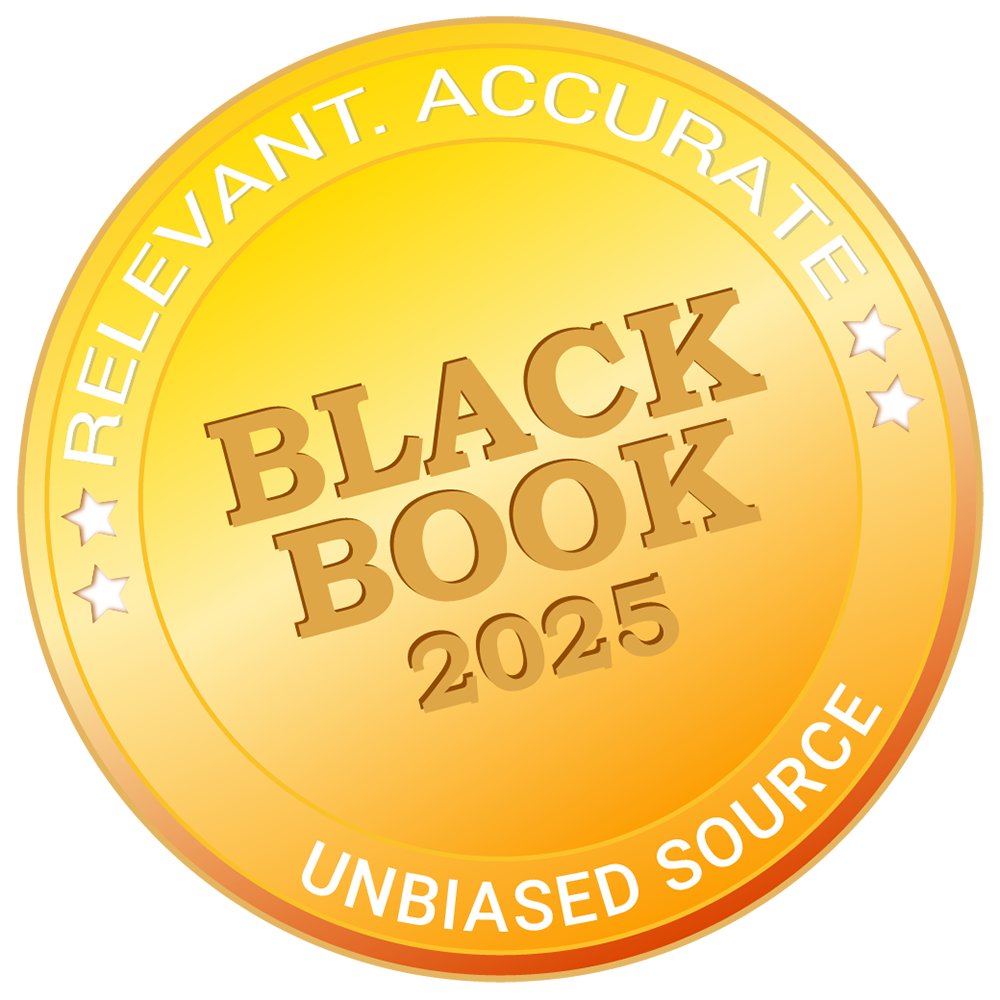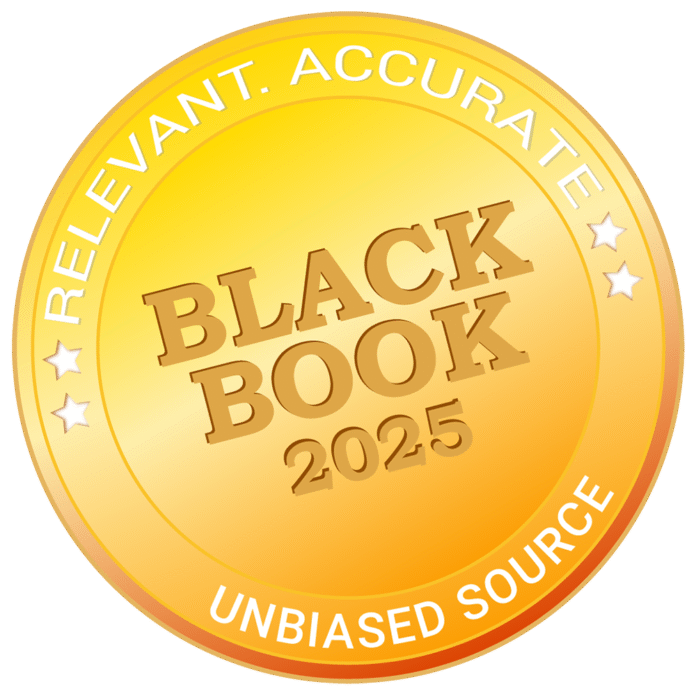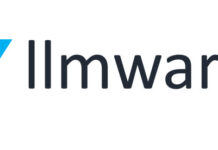Black Book Insights’ global survey of 404 executives across 40 countries forecasts USD 65 billion in annual non-U.S. payer IT spend by 2027 – rivaling U.S. health insurer technology budgets.
LONDON, GB / ACCESS Newswire / September 15, 2025 / Black Book Insights today released Global Payer Tech 2026, a landmark survey of 404 executives from health insurers in 40 countries across Europe, Asia-Pacific, Latin America, and the Middle East & Africa. The findings show that insurers outside the United States are preparing for a major shift in technology strategy. By 2027, their collective IT budgets will reach USD 65 billion annually, a figure comparable to the USD 55 billion U.S. payers spend each year.

This marks the first time international markets will collectively rival the U.S. in health insurance technology spend, reshaping where vendors must look for growth.
Survey at a Glance: Black Book 2025 Global Study of Non-U.S. Payer Organization Executives
79% rank containing medical inflation through digital efficiency as a top-three priority.
71% plan to expand claims automation/adjudication systems by 2026.
68% intend to modernize core claims and policy platforms.
64% are tightening provider RCM integration to reduce denials.
62% are deploying AI for predictive fraud detection.
53% cite faster, more transparent claims as central to improving member experience.
Provider-payer friction remains sharp: 67% of executives said settlement delays are providers’ top complaint, while 59% pointed to coding/documentation misalignment as the biggest driver of denials.
Where the USD 65 Billion Will Flow
Claims Automation & Adjudication (~USD 23B) – the single largest investment pool, addressing medical inflation and efficiency.
Payer-Provider RCM Integration (~USD 16B) – critical for aligning billing and claims workflows across private markets.
AI-Driven Fraud Detection (~USD 10B) – payers are scaling predictive analytics to cut leakage and abuse.
Interoperability & Data Exchange (~USD 10B) – driven by mandates like Europe’s EHDS and regional data-sharing rules.
Digital Member Engagement (~USD 6B) – mobile-first tools to restore trust through faster, clearer claims handling.
Global Imperatives and Regional Signals
The survey outlines four imperatives that cross geographies: contain costs with digital precision, modernize the core, rebuild trust by fixing the claims engine, and realign products like family floater and critical illness plans without breaking RCM infrastructure.
Europe: affordability ceilings and EHDS compliance demand interoperability.
Asia-Pacific: provider-payer RCM integration is the single most important factor for scaling new insurance products.
Latin America: 57% of payers rank claims automation as their #1 IT priority.
Middle East & Africa: 71% cite settlement delays as their top operational risk, underscoring the need for cloud RCM and standardized coding.
RCM & IT Ops Vendor Opportunities
For perspective, the U.S. has roughly 900 payers covering 330 million people. Outside the U.S., there are 2,900 private insurers plus dozens of national and social health insurance funds, covering billions of members. This larger universe is now converging on the same modernization cycle, with demand rising on a compressed timeline.
The report also identifies the Top 50 Non-U.S. Payers Driving Global IT Demand, profiling insurers such as Allianz, AXA, Ping An, AIA Group, SulAmérica, Discovery Health, and Bupa Arabia.
In addition to global insurers, the technology supplier base is diversifying rapidly. Among the largest IT companies providing software and outsourcing services to non-U.S. commercial health insurers are Tata Consultancy Services, Infosys, Wipro, Tech Mahindra, NTT DATA, and Sopra Steria, all delivering core claims platforms, business process outsourcing, and cloud-native RCM modernization.
Regional specialists such as Dedalus (Italy), Comarch Healthcare (Poland), and Cegedim Insurance Solutions (France) are strong in interoperability and compliance-driven claims administration. U.S.-headquartered firms including Cognizant (TriZetto), Optum, Change Healthcare, HealthEdge, Waystar, and InterSystems consider extending their reach into international payer markets with scale-tested claims cores, payment integrity solutions, and cross-border data platforms.
“Together, these players are shaping the vendor landscape that payers will rely on to meet their modernization agendas through 2027 and beyond. Non-U.S. insurers are now investing in their core systems at levels comparable to U.S. payers,” said Doug Brown, President of Black Book Research. “By 2027, USD 65 billion will be in play annually outside the U.S., reshaping where vendors find their next growth wave.”
Global Payer Tech 2026: Vendor-Agnostic Industry Evaluations of Non-U.S. Payer IT Priorities and Opportunities translates payer decision-maker insights into a forward-looking roadmap. Covering 18 KPIs across claims performance, provider integration, fraud detection, member experience, and interoperability, the study includes regional benchmarks, vendor directories, and a scenario forecast through 2030. The report is available gratis to industry stakeholders at: https://blackbookmarketresearch.com/the-2025-black-book-report-of-global-payer-tech-2026.
About Black Book
Black Book Research is an independent market intelligence firm serving healthcare and insurance technology sectors since 2002. With more than 3.5 million verified survey responses collected, Black Book delivers vendor-agnostic benchmarking, KPI-driven rankings, and forward-looking insights for providers, payers, investors, and policymakers worldwide. Additional gratis Black Book reports, including Global Healthcare IT Insights and the 2025 State of Global Healthcare IT updated in Q3 are available at: www.blackbookmarketresearch.com.
Contact Information
Press Office
research@blackbookmarketresearch.com
8008637590
SOURCE: Black Book Research
View the original press release on ACCESS Newswire













